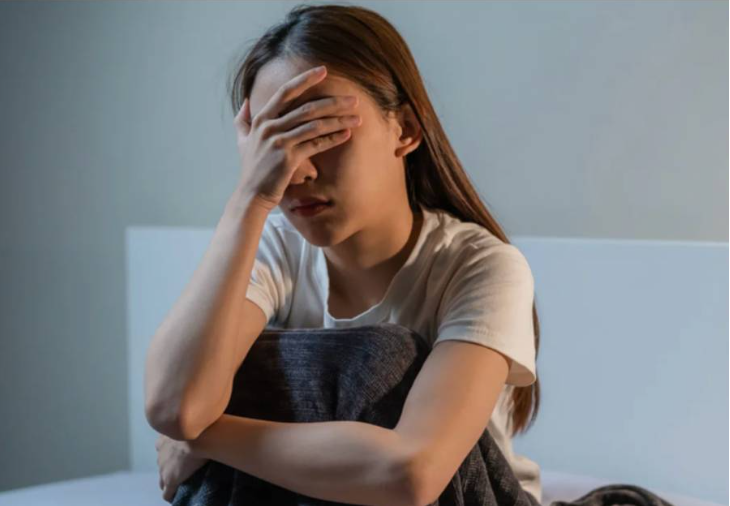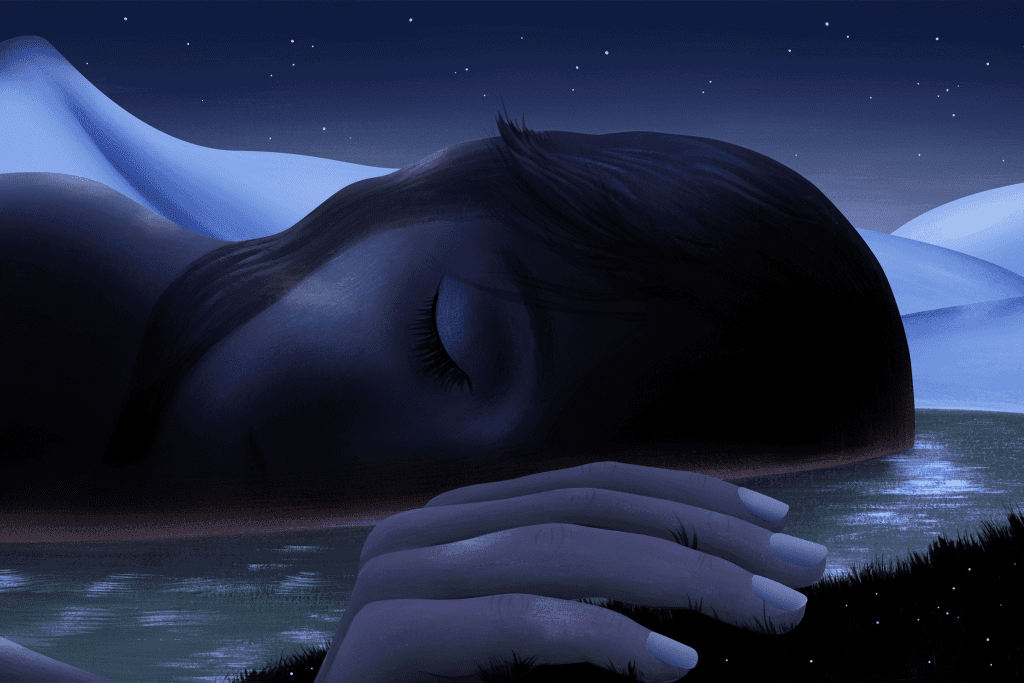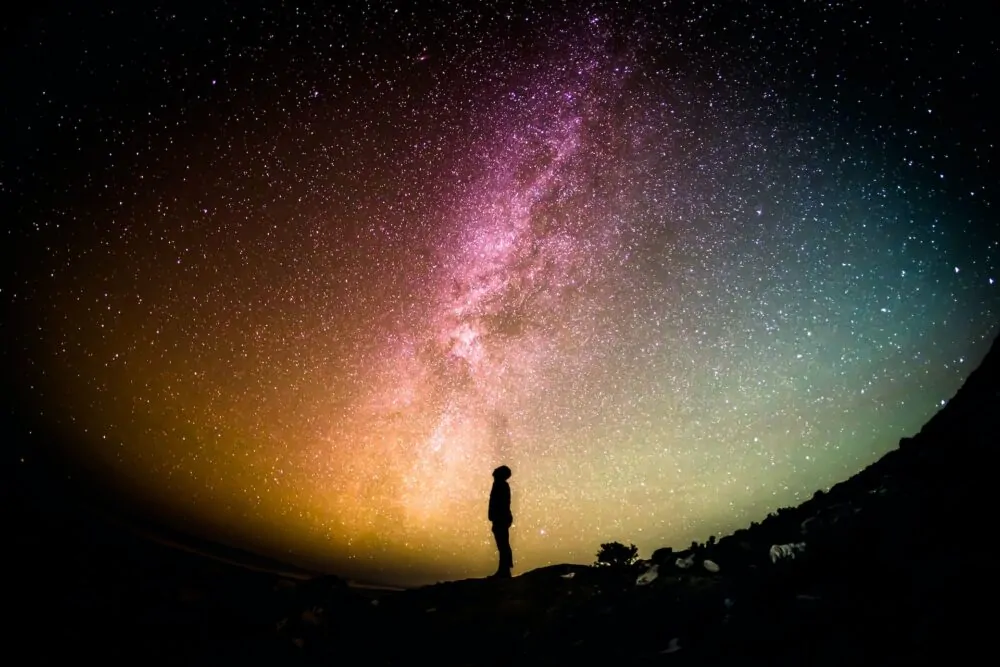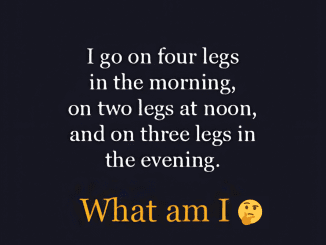Have you ever had that eerie feeling when something happens, and you think, “Wait, haven’t I been here before?” You could be experiencing a strange phenomenon called déjà vu, a term that describes the feeling of familiarity in an entirely new situation. Many people report feeling déjà vu in real life and sometimes even in their dreams. But why does this happen? Let’s dive into what déjà vu is, the theories behind it, and why it sometimes feels like we’ve lived moments in our dreams before they happen in real life.
Understanding Déjà Vu: The “Already Seen” Phenomenon

The term déjà vu comes from the French phrase meaning “already seen.” It describes the sensation that you’ve experienced an event before, even when you know it’s happening for the first time. Déjà vu can be fleeting, lasting only a few seconds, yet it leaves a strong impression. This phenomenon has intrigued scientists, psychologists, and even philosophers for centuries, leading to various theories about what causes it.
French psychic researcher Émile Boirac first coined the term in his 1917 book, L’Avenir des sciences psychiques (The Future of Psychic Sciences). While it may feel almost mystical, modern science suggests that déjà vu is linked to how our memory functions rather than any supernatural ability to predict the future.
The Role of Memory in Déjà Vu
At its core, déjà vu appears to be a memory-related phenomenon. When we experience déjà vu, it’s as if our brain is telling us, “You’ve been here before,” even though we logically know that’s not true. This contradiction is part of what makes the sensation so mysterious. Here are some leading theories about how memory could be responsible for these moments:
- A Cataloging Error in the Brain:
- The brain has both short-term and long-term memory systems, and sometimes they overlap. Déjà vu might occur when your brain accidentally stores a new experience in long-term memory rather than short-term memory. This “misfiling” creates the feeling that the experience is something from the past.
- Imagine walking into a party at a place you’ve never been before. Suddenly, everything seems oddly familiar—the room, the music, the people. It’s as if you’ve lived this moment before. This could simply be your brain mistakenly placing a new experience in long-term storage, giving you the sense that it’s something you’ve encountered before.
- Faulty Sensory Processing:
- Another theory suggests that déjà vu is a kind of trick played by our senses. Sometimes, the brain processes information from one eye or ear slightly faster than the other. When the two inputs align, the brain might interpret the event as a repeat occurrence.
- For example, you might smell a familiar scent in a new location, and your brain connects it to a past memory. This process can make you feel as though you’ve been in that situation before, even though only one sense was involved.
Déjà Vu and Dreams: The Link Between Sleep and Familiarity
One of the most fascinating aspects of déjà vu is how it sometimes aligns with our dreams. Many people report that their déjà vu experiences feel like moments they’ve dreamed about. But is there a scientific basis for this connection?
- Dreams as a Simulation:
- Dreams often create scenarios that mix real memories with fictional elements. When we sleep, our brain replays events from the day, processing them in ways that can be surreal. Sometimes, these dreams can overlap with real-life situations, triggering a sense of familiarity when a similar situation happens in waking life.
- For instance, if you dream about walking through a forest and later find yourself in a similar setting, you may feel déjà vu. The mind may connect your current experience with elements from the dream, making it feel like you’ve lived that moment before.
- The Brain’s Ability to Predict and Project:
- Our brains are incredibly powerful at creating scenarios based on experiences. Some researchers believe that the brain “predicts” likely events, storing possible future scenarios as memories. This ability to project future events could explain why certain situations feel familiar, as they might align with our brain’s predictions made during sleep.
- If you’ve ever had a dream about meeting someone and later felt like you had met them before, it’s possible that your brain projected that scenario as a potential future event. When reality aligns with these projections, it can create a profound sense of déjà vu.
The Science of Déjà Vu: Hypotheses and Theories

Though déjà vu is still not fully understood, researchers have made strides in studying this phenomenon. Here are a few prominent hypotheses:
- Memory Fragmentation Theory:
- According to this theory, déjà vu occurs when the brain retrieves fragments of past memories and pieces them together. Since the brain doesn’t access these memories completely, it creates a false sense of familiarity.
- For example, if you’ve visited a similar location or seen similar objects, your brain might combine those fragments, leading to a feeling of déjà vu when you see something that resembles them.
- Dual Processing Theory:
- This theory suggests that the brain processes information in two separate channels. Sometimes, one channel experiences a brief delay, creating the illusion of experiencing the moment twice.
- Imagine hearing someone say something and, a fraction of a second later, hearing it again in your mind. This misalignment could create a sense of familiarity, making it seem as though you’ve heard the phrase before, even though it just happened.
- Cryptomnesia:
- Cryptomnesia is when we remember something but don’t recall the source of that memory. It may lead to a feeling of déjà vu when we encounter a similar situation. This could explain why we sometimes think we dreamed something that is actually based on a forgotten memory.
- For instance, you might watch a movie and later have a dream that includes scenes from it. When you encounter something similar in real life, it feels like déjà vu, as the memory source isn’t immediately recognizable.
Déjà Vu as a Unique Glimpse into Our Brain’s Functioning

While déjà vu is generally harmless, it offers a unique glimpse into how our brain processes, stores, and retrieves memories. Understanding this phenomenon not only helps unravel the mystery of memory but also highlights the complex ways our minds blend reality with imagination.
Conclusion: Embracing the Mystery of Déjà Vu
So, why do we sometimes feel like we’ve lived moments before they happen? Whether it’s due to memory glitches, sensory tricks, or the brain’s predictive abilities, déjà vu serves as a reminder of our mind’s incredible power. The next time you experience that strange feeling of familiarity, embrace it—it’s a small window into the intricate workings of your brain. And while science continues to explore this fascinating phenomenon, déjà vu will likely remain a mysterious and captivating aspect of human experience, one that keeps us wondering about the profound connections between our dreams, memories, and reality.


